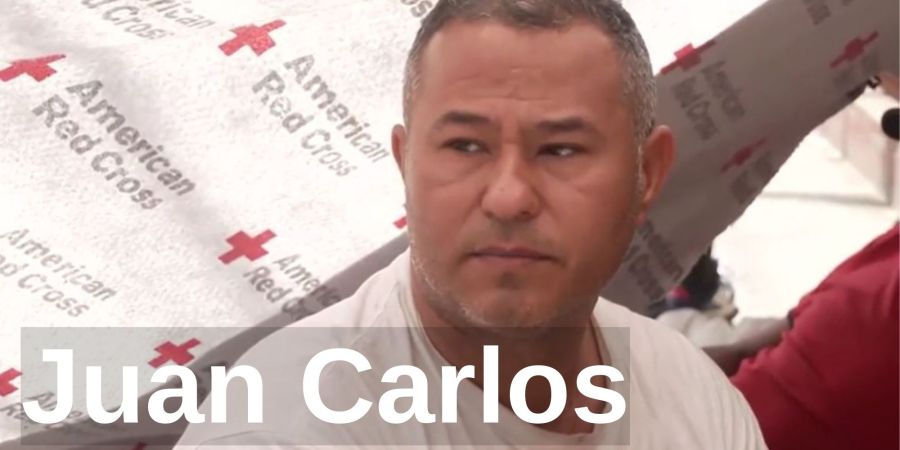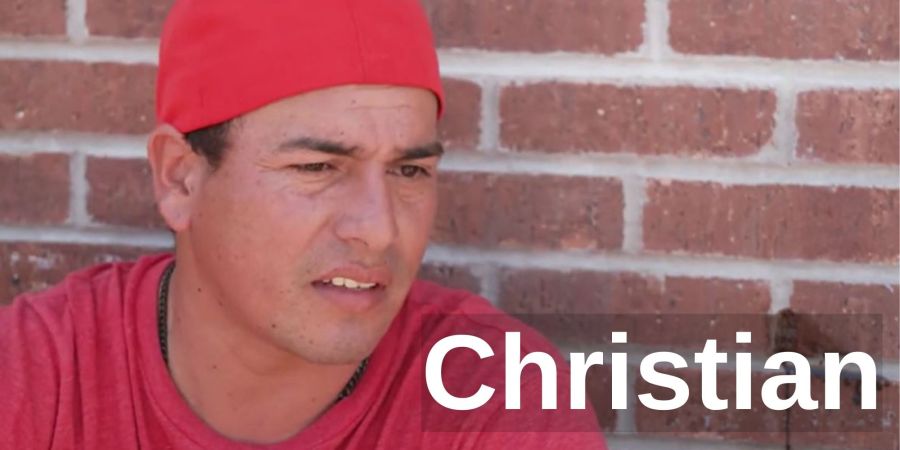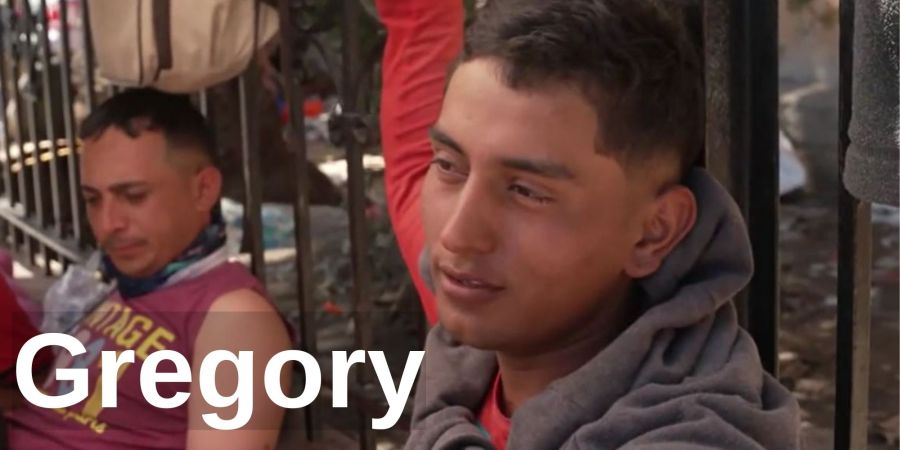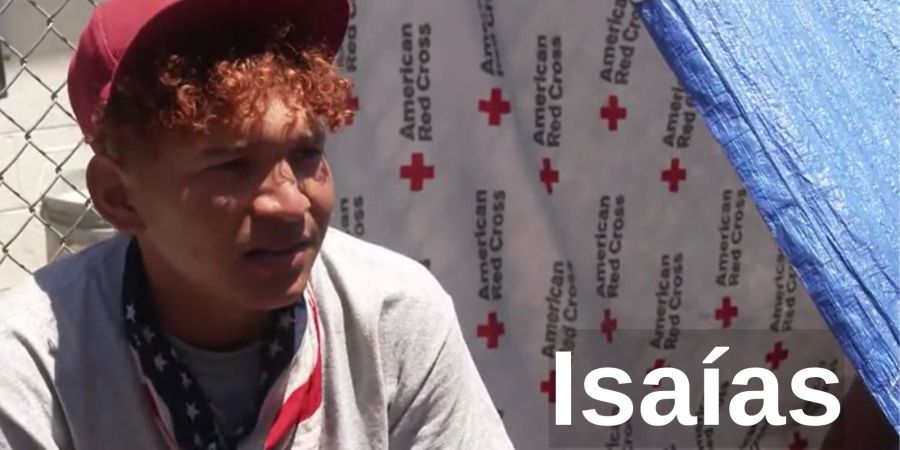As Title 42 ends, immigrants speak about life at border
- As Title 42 ends, asylum-seekers prepare to cross border
- Many are skeptical Border Patrol is ready for the influx
- Immigrant: "We ask that you have a bit of mercy, a bit of piety"
(NewsNation) — A sense of unease, fear, even resigned courage moves through makeshift migrant camps in El Paso, Texas, just days before the controversial immigration policy Title 42 ends.
Title 42 allowed Customs and Border Patrol agents to turn asylum seekers away for public health reasons since early 2020. The result was a deeply politicized calamity that left a humanitarian crisis in its wake, according to experts, lawmakers and advocates on both sides of the aisle.
In fact, more than 13,000 incidents of kidnapping, torture, rape or other violent attacks have happened to people expelled back to Mexico since 2021, according to Human Rights First.
“What a lot of people don’t understand — one of the reasons many asylum seekers are crossing the border between ports of entry and making this dangerous attempt to cross is because (they are) unable to make (asylum) claims,” immigration policy expert Danillo Zak told NewsNation last year. “Legal crossing points don’t have the capacity to handle them.”
That is something experts are skeptical will change, despite the Biden administration asserting they’ve prepared for the rollback.
NewsNation spoke with immigrants in the border town about their decision to undertake the risky journey to Mexico, what their day-to-day was like waiting to cross the border, and what they want Americans to know about their life.
These interviews were translated from Spanish, and edited for length and clarity. Only first names were used to protect the privacy of the immigrants.

What was life like for immigrants in Juarez?
Juan Carlos: In reality, many people try to not stay at the border for fear of the cartels. The cartels attacked a group that was with us — they took their cell phones and money. And one friend, they almost raped her. They took all of her clothes and touched her — thank God they didn’t rape her.
What would your message be to Americans?
Juan Carlos: We ask that you have a bit of mercy, a bit of piety, and (realize) that not all cases are the same. They are special cases, but that you would be considerate of us. And if we need to learn something that you would show us. We are ready to learn what we need to.

There was a man who crashed a car into a crowd near an immigrant shelter in Bronzeville, Texas. How did the news affect you, especially knowing some of the people who died were Venezuelan?
Christian: It was very, very painful for Latin America, for Venezuela. That is really difficult for us, but unfortunately, this is the price that many times has to be paid to have better stability, happiness — as much for the family as for the individual. I think this is one of the things one has to suffer.
Now that they are ending Title 42, are you planning on leaving El Paso?
Christian: Practically we have to try to leave as soon as possible from here, because when Title 42 ends, it will be a bit more difficult for us migrants (in El Paso).

What challenges did you face on your journey to the U.S.-Mexico border?
Gregory: The things that we lived through to get here – through the jungle, the Juarez cartel. I was a victim many times of robbery, of extortions. And then when you feel the most safe, after all that, you are in the streets. But we don’t have as much panic as we had. Thank God we are here and we arrived at our destination.

You were living on the streets in Juarez, and now here in the U.S. What have the conditions been like?
Isaías: You have to search for how to live day by day. And yes, there is a lot of help — people bringing food, help. But it doesn’t cover everything. We are tired of everything. We are awake all night, waiting so that we don’t lose any of our belongings.
What would your message be to Americans?
Isaías: If I could say anything, I would say I want to work for my family. This is why I came here — to work, to overcome, to do better than yesterday.
NewsNation reporter Jorge Ventura contributed.










